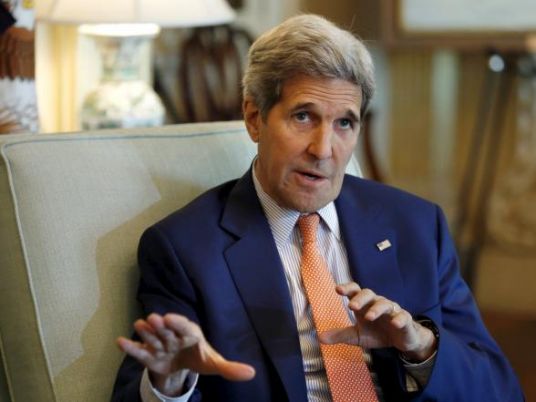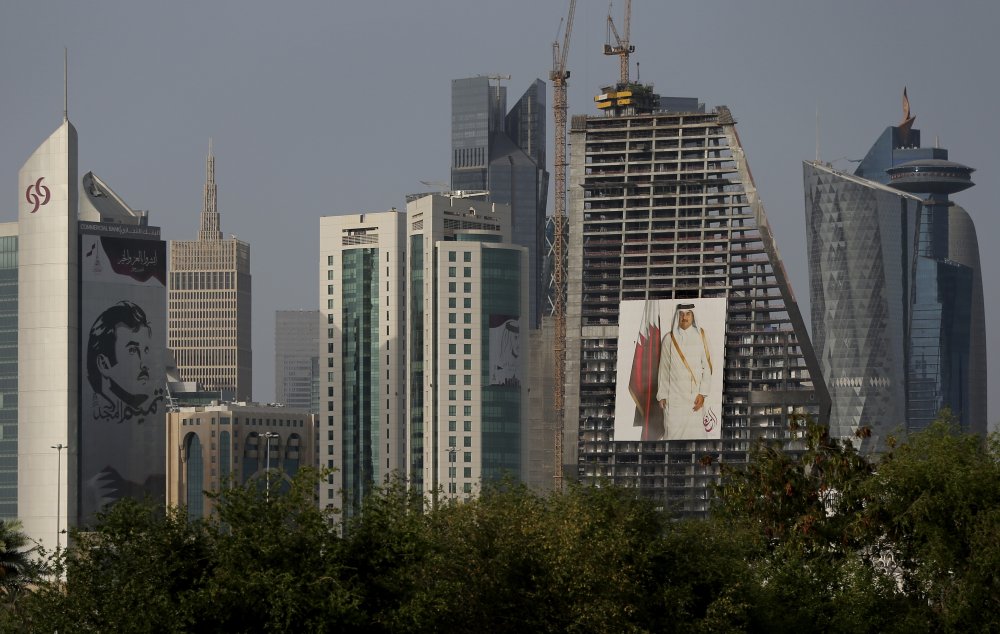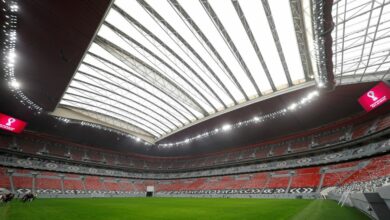
U.S. Secretary of State John Kerry is in Qatar talks with Arab officials whose countries are wary of the nuclear deal world powers have struck with Iran.
Kerry arrived in the Qatari capital on Sunday after visiting Egypt, where he also spoke in favor of the agreement reached with Iran last month in Vienna. The Sunni-ruled Gulf Arab states fear Shiite Iran's increasing assertiveness in the region. In Cairo, Kerry acknowledged Iran's negative role but said it would be easier to deal with if Tehran cannot develop a nuclear weapon.
"Iran is engaged in destabilizing activities in the region — and that is why it is so important to ensure that Iran's nuclear program remains wholly peaceful," he told reporters at news conference with Egypt's foreign minister. "There can be absolutely no question that the Vienna plan, if implemented, will make Egypt and all the countries of this region safer than they otherwise would be."
Kerry's meetings with the foreign ministers of the Gulf Cooperation Council in Doha on Monday are a follow-up on a May meeting that President Barack Obama hosted for Arab leaders at Camp David at which the U.S. promised them enhanced security cooperation and expedited defense sales to guard against a potential Iranian threat.
Saudi Arabia is the largest and most influential member of the council, which also includes Bahrain, Kuwait, Oman, Qatar, and the United Arab Emirates, and has been publicly supportive of the Iran deal, albeit with reservations. Just last week, the State Department authorized the sale to Saudi Arabia of $5.4 billion in Patriot missiles and related equipment along with $500 million in ammunition.
Kerry's visit to Qatar follows one last week by Iranian Foreign Minister Mohammad Javad Zarif, who also stopped in Kuwait and Iraq.
In addition to Iran, Kerry and the Arab ministers are expected to look closely at the situation in Syria and Iraq, which continue to be ravaged by conflict and the spread of the Islamic State extremist group, as well as Yemen.
In Doha, Kerry will also meet separately with Russian Foreign Minister Sergey Lavrov and Saudi Foreign Minister Adel al-Jubeir to discuss Syria and Iran.




